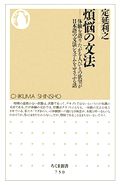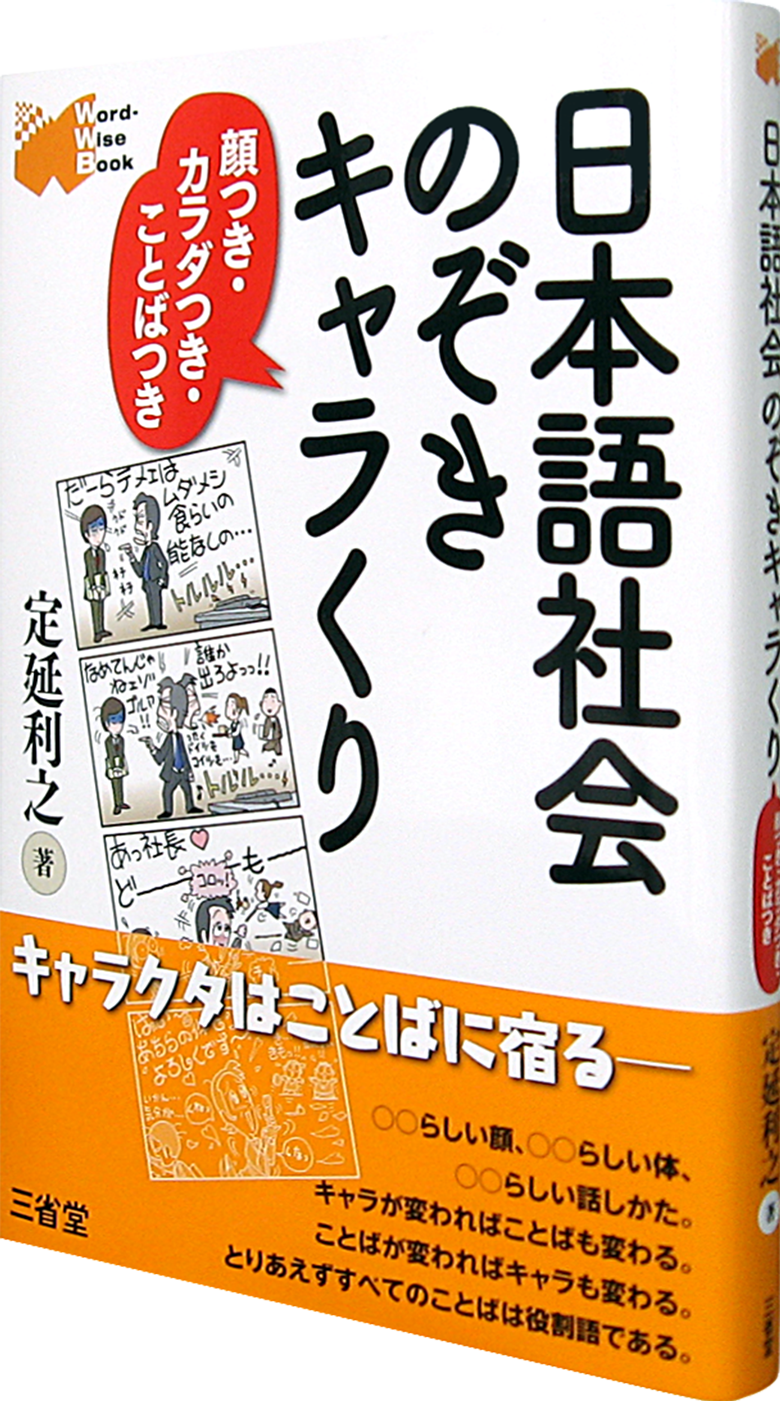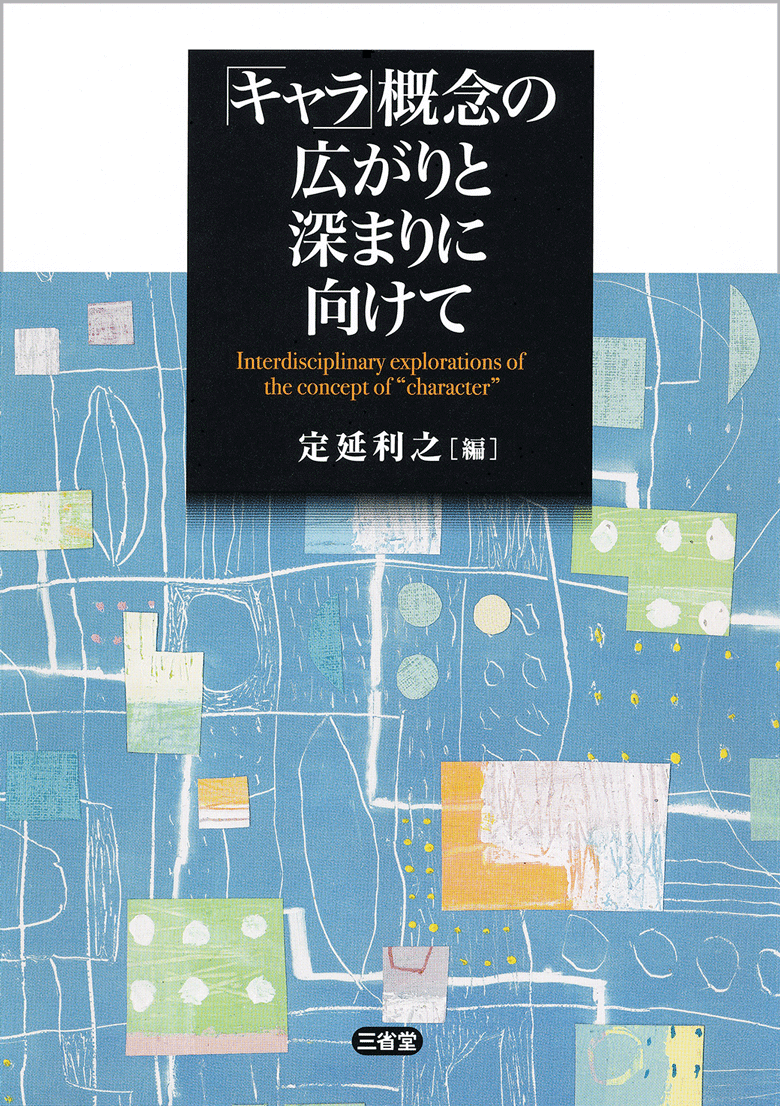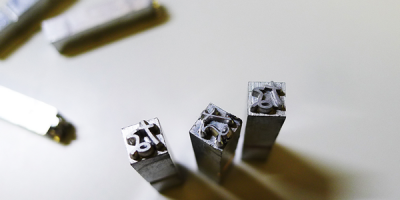
Last time, I mentioned that I worked in China, which reminded me of a scary thing that happened there. This is not including the time there was an armed robbery at my boarding-house, and all the cops who rushed to the scene knocked off at five o’clock. Or the time I found syringes on a street I’d been warned not to walk down. Or the time my wife’s purse was stolen out of her backpack while she was riding her bicycle.
I was scheduled to visit Professor A’s research office at University A. I arrived on time and knocked on the professor’s door.
“Qingjin!”(Come in!)
Came an angry-sounding, severe voice from within. I froze in front of the door.
The voice I’d heard saying “come in” was definitely Prof. A. I couldn’t believe that this mild-mannered professor was yelling so angrily. Perhaps something terrible had happened in his office, and he had yelled in that voice, unable to control his anger. What was going on? Even though he had told me to “come in,” if I did so Prof. A would probably be embarrassed, and I’d feel awkward too. Maybe it would be better not to go in. Was it really Prof. A who had shouted “Qingjin!”? Or was it just that I, a foreigner in this country, had misheard? My head was swimming with these questions.
“Qingjin!”
Again came the loud, angry, somewhat desperate voice. I timidly opened the door and entered.
Before me was a computer. The man sitting in front of it swiveled his chair around grumpily to face me. But as soon as he recognized me, the grouchy face broke into a smile, and the Professor A who I knew appeared before my eyes.
I don’t recall what Prof. A talked about, or how, after that. As I closed the door to his office with sweaty hands, all I could think over and over was: “I always thought Prof. A was a friendly, good person. But I was wrong. I was wrong. Ahh. I saw something I wish I hadn’t.”
I hesitated to tell others of this incident, as I was worried that it would hurt Prof. A’s reputation. However, I had opportunities to speak with the Chinese researchers about differences in Japanese and Chinese linguistic culture, and I eventually hesitantly broached the subject, while not using the professor’s name. To my surprise, or maybe not, I learned that this sort of thing was not considered the least bit embarrassing in Chinese society. The explanation I was given did not go much beyond natural style changing: “When you’re not sure who the other person is, you use an aloof style. When you know the other person, you use a warm style.” In other words, there is no problem whatsoever with Prof. A, who had a warm character, using an aloof style.
I only half-believed this “no problem whatsoever” part, and in this regards there definitely seems to be some differences between Japan and China. No matter how many times I saw it, I couldn’t comprehend the shouting and tussling matches of the middle-aged female shoppers at the marketplace.
Making one’s voice gruff and angrily is not something that a “good person” can do in Japanese society. In Japan, always smiling at everyone is the foundation of the “good person.” Perhaps Japanese stewardesses—or should I say flight attendants—never let their smiles fade, no matter the circumstances, because they are modeled on the Japanese “good person” character.







